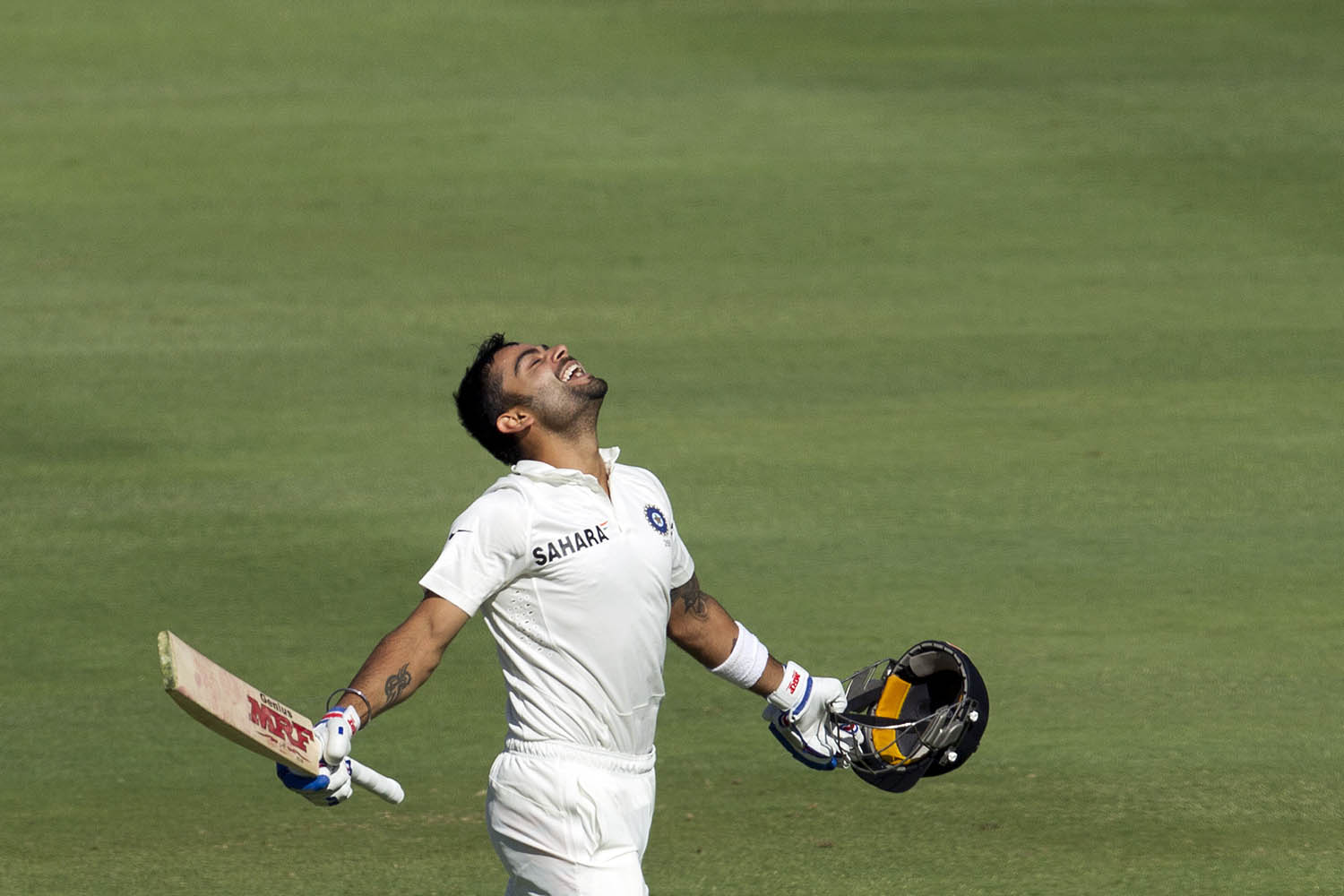The biggest job in India is vacant. No general election has been announced and there has been no change to the executive board at Tata. Instead, Rohit Sharma has resigned as the captain of the Indian Test side. His predecessor, Virat Kohli, has retired too and the Indian selectors now face a choice that matters not just to Indian cricket but to the health of Test cricket itself.
It is just as easy to tell the story of the Indian republic through the nation’s cricket captains as it is through its Prime Ministers. Independence begins with the Nawab of Pataudi, one of the few men to play Test cricket for both England and India, who played his last Test in August 1946, almost a year before the British left.
The Nawab’s son, known universally as “Tiger” Pataudi (Winchester and Oxford), later brought together three Indian cultural stories. In 1969, Tiger, the captain of India, married Sharmila Tagore, a Bollywood actress who was a distant relative of India’s great literary icon, Rabindranath Tagore.
Cricket, film and democracy are the unifying factors of Indian life, but plenty divides the country too, not least religion. It has helped that the Test team has been led by Muslims (the Pataudis and Mohammad Azharuddin), a Sikh (Bishan Bedi) as well as plenty of Hindus.
Sadly, one of the captains, Azharuddin, also exemplified a persistent feature of Indian public life, which is its corruption. Azharuddin was banned by the ICC and the BCCI for match-fixing before, fittingly perhaps, he entered Parliament as a Congress politician.
The deepest fault lines of Indian society, though, are not religious but material. This is a country that houses great wealth, while more than one million children die every year of preventable causes.
On one side of the divide stand the Brahminical nobility of Sunil Gavaskar and Sourav Ganguly and, on the other, the former travelling ticket examiner at Kharagpur railway station, Mahendra Singh Dhoni, perhaps the greatest of all Indian captains.
Dhoni’s superstar status in India is almost unimaginable elsewhere.
The historian Ramachandra Guha has complained that dominance by a charismatic individual – the Gandhi family in the Congress party, the cult of Narendra Modi – is a characteristic flaw of Indian institutions.
He has extended the analysis to Indian cricket in which he says Kohli, above all, had a mesmeric effect on the powers that be. That said, Kohli and Sharma should be commended for stepping down earlier than expected because Indian cricket usually indulges its superstars for too long. Sachin Tendulkar’s farewell tour went on longer than Elton John’s.
Newsletters
Choose the newsletters you want to receive
View more
For information about how The Observer protects your data, read our Privacy Policy
In their time at the top, Sharma and Kohli performed another important service whose ramifications range across the world. The captain of India is the world’s most powerful advocate for Test cricket. If the Indian captain were to sound like he preferred the speed and the riches of the IPL to the slow, unfolding subtleties of Test cricket, then the longer form would be in more trouble than it is anyway.
Kohli in particular, was always an eloquent advocate of Test cricket and he did the game a great service.
Now Indian cricket is looking for the next spokesman for the game. The coming man, and probably the most likely, is Shubman Gill, but his abundant talent has yet to be translated into consistent achievement.
Rishabh Pant has captained the Delhi and Lucknow franchises, but he is not long back from a serious car crash. The best available captain is probably Shreyas Iyer, but he is not certain of a place in the team. The smart choice might be vice-captain Jasprit Bumrah. As well as being a contemporary superstar with 25 million social media followers, Bumrah is a cricketer who cherishes his status as the best Test bowler in the world. The Test game needs a leader by example and Bumrah would be that man.
Photograph by Themba Hadebe/AP

